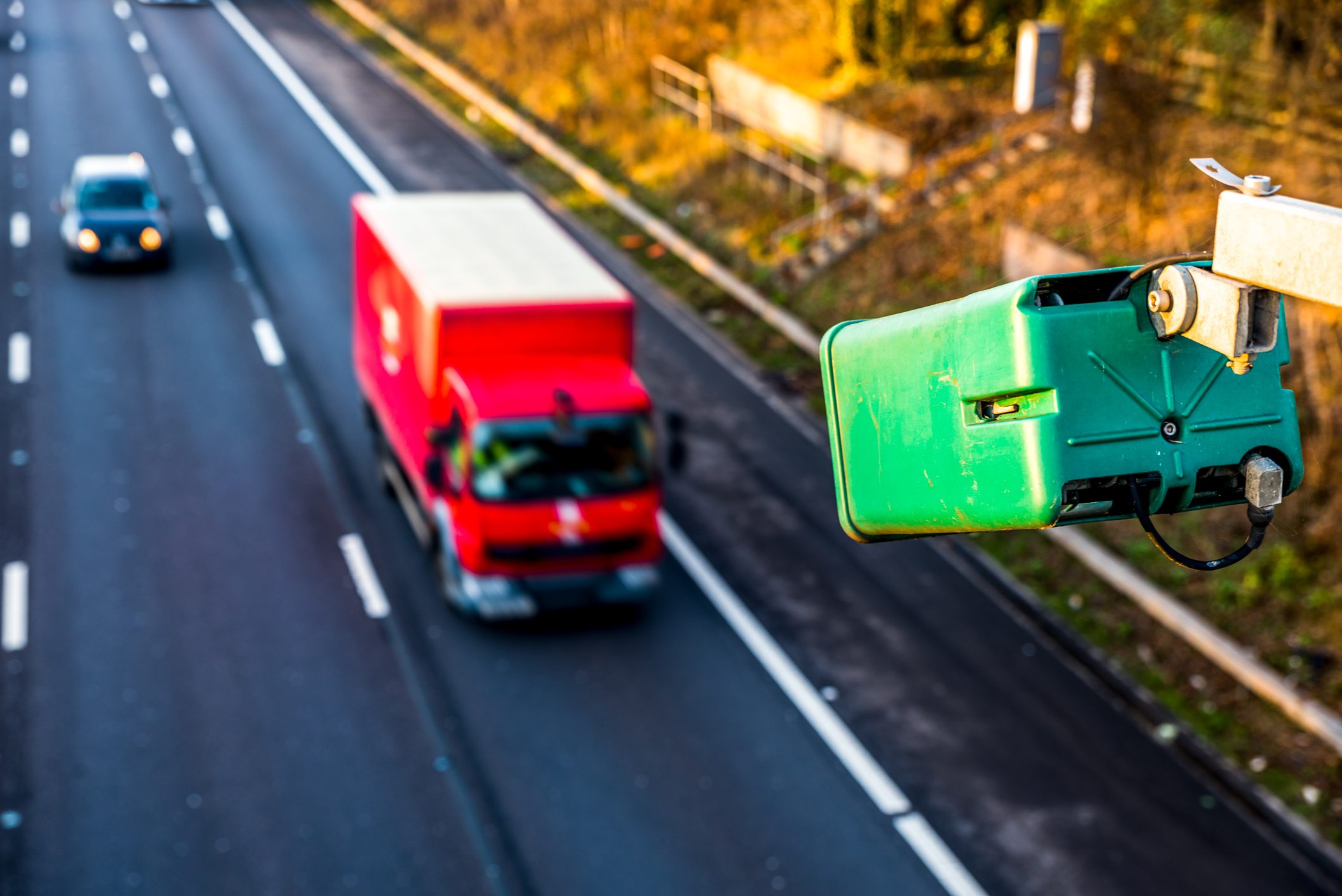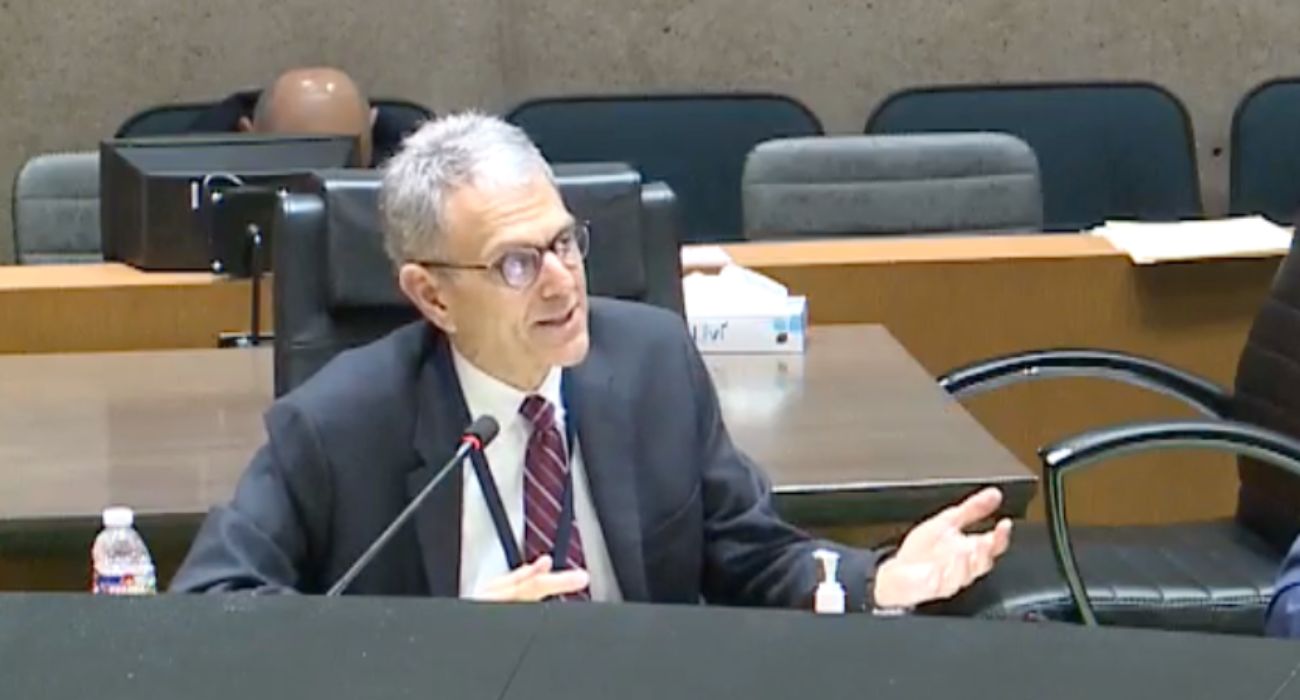The Dallas Police Department will soon receive eighty new license-plate-reading cameras, which will be mounted around the city to track vehicles 24 hours per day.
The Dallas City Council approved spending $820,000 over five years for the camera system that will be provided by Georgia-based manufacturers at Flock Group, Inc.
According to The Dallas Morning News, the contract covers installing and maintaining the cameras. The agreement also covers software subscriptions for an online cloud storage database overseen by the Georgia-based company.
Executive Assistant Chief Albert Martinez told The Dallas Morning News that the cameras would be visible to the public and are part of Dallas PD’s plan to reduce violent crimes in the city.
The cameras will not be used to catch motorists violating traffic laws, such as speeding and running red lights, as this would be a violation of Texas House Bill 1631.
Martinez said the department views the cameras as eighty more officers who won’t need to take breaks or time off in the locations where the cameras would be placed.
According to Martinez, the Dallas Police Department has used automatic license plate readers since 2013 and already has forty-six cameras from a different manufacturer.
The cameras have been used during stolen vehicle investigations and missing person reports. They have also been used in search of alleged criminal suspects, according to The Dallas Morning News.
However, the department is not currently using any of the older cameras because they are outdated and do not work correctly. Martinez said, as the department did not upgrade the cameras.
The new cameras store license plate numbers in a database after scanning them. Investigators compare the plate numbers recorded with others tied to vehicles used in committing crimes. Images captured on the cameras are deleted after 30 days.
In 2020, Flock Group installed twenty-nine of these cameras for a trial run in Dayton, Ohio. The following year, community meetings were held so that residents of local neighborhoods could express their opinions about if and where the cameras were wanted, as funding to permanently install them had been granted to Dayton PD.
Kathleen Kersh, a senior attorney and project director with Advocates for Basic Legal Equality and legal counsel for the Coalition on Public Protection, spoke to Dayton Daily News about the community meetings last year, saying residents were concerned about how the data collected by the cameras was stored, and who could access it.
She said policies needed to be implemented that would prevent the misuse of peoples’ information, as well as guarantee that data would not be shared with federal immigration enforcement agencies.
Kersh also commented that residents of the community worried about unnecessary contact with the police, noting that shared vehicles could be pulled over even when the person driving had not committed a crime.
“I don’t think the police have done a good job to explain how the risks are outweighed by the benefits,” she said last November.
Flock Group revealed on its website that its cameras are used by police departments, neighborhoods, businesses, and groups across the nation. Neighborhood association members can share images captured on the cameras with law enforcement.






